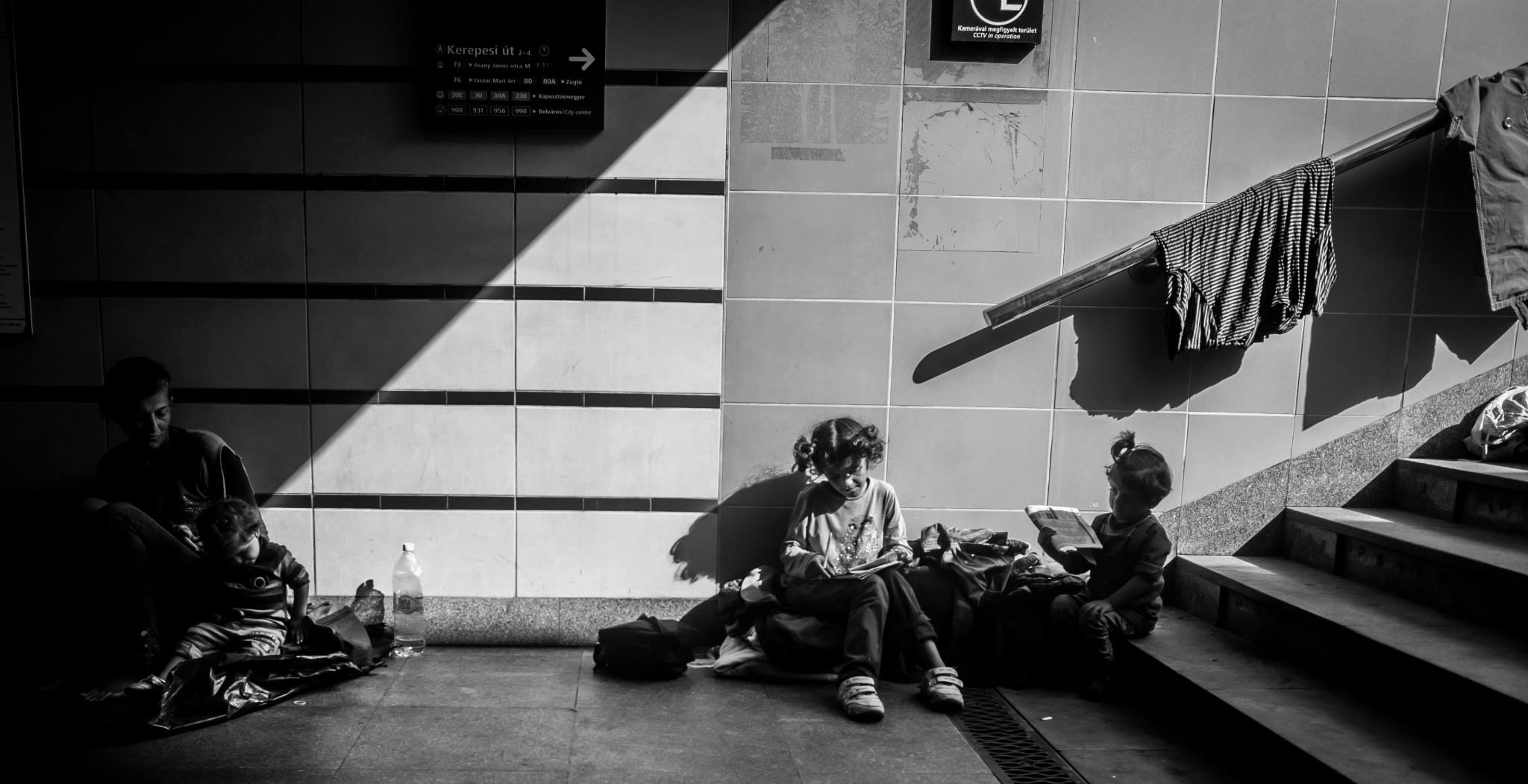On Wednesday the European Court of Justice (ECJ) dismissed legal action pursued by the Hungarian and Slovak governments contesting the refugee quota system; a system through which refugees will be relocated from Italy and Greece to the two countries. Slovakia and Hungary have reacted differently to the ruling. While Slovakia wasn’t happy about it, yet accepted it, Hungary’s Minister of Foreign Affairs, Peter Szijjártó, began to talk about war. The court’s decision means that Hungary will have to accept 1294 people from refugee communities in Italy and Greece, all of whom Hungary can screen before accepting.
The action was brought to the court by Hungary and Slovakia in September 2015 contesting a decision to relocate 120 thousand refugees within the EU.

The Hungarian government argued that the European Council had agreed that the quota must be voluntary. This argument is false on several counts, as summarized in an article by the Hungarian news site, Index.hu. However, the European Court’s ruling also explicitly stated some of the reasons why the government is wrong:
– This is not, in fact, what the European Council had decided.
– The text referenced by the Hungarian government is actually an earlier draft on the relocation of 40 thousand refugees, to be accepted on a voluntary basis.
– This text was published by an institution which is not an EU decision-making body. The two decision-making bodies of the EU are the European Parliament and the Council of the European Union. The European Council is similar in name to the latter and the two share a Secretariat, but are not the same institution. The European Council only became an EU institution a few years ago and it offers ʻconclusionsʼ, not decisions. The ECJ stated that “the European Council cannot amend any of the rules of voting laid down in the contracts”.

Index’s article also mentions that if the European Council’s conclusions were, in fact, legally binding then the Hungarian government would still be doomed, since the institution issued a conclusion, in 2016, stating that the quotas must be fulfilled as soon as possible.
This lawsuit is also important because there is an on-going infringement procedure against Hungary, launched by the European Commission, due to the government’s non-compliance with the refugee quota. Together with the court’s ruling it looks more and more like Hungary can also expect a fee for not complying.

However, the court’s decision has come in handy for the government in terms of internal politics. It is in their interest that the ʻrefugee questionʼ become an important topic again before parliamentary elections in 2018.
It is not a coincidence that the word ʻbattleʼ has dominated the Hungarian government’s reaction. According to the Minister of Foreign Affairs, Peter Szijjártó, the decision “endangers the future of Europe and is contrary to the interests of the people of Europe and Hungary”. He also added that the Hungarian government will fight the ECJ ruling.

According to the Minister of Justice, “the court has ruled contrary to common sense” and said that “the real battle has only just begun”. This sentence has surfaced again and again in Fidesz’s, and several of its organizations’, social media posts.
The question is, what will happen next. Will the Hungarian government retreat? This isn’t very likely so soon before an election. It is far more likely that, until the 2018 elections, whenever refugee policy comes up, this decision will only strengthen the government’s simplistic rhetoric that places Brussels and migrants – terrorists – in opposition to the Hungarian people, with Fidesz playing the part of the people’s saviour.
![Political Critique [DISCONTINUED]](http://politicalcritique.org/wp-content/uploads/2015/09/Political-Critique-LOGO.png)
![Political Critique [DISCONTINUED]](http://politicalcritique.org/wp-content/uploads/2015/09/Political-Critique-LOGO-2.png)